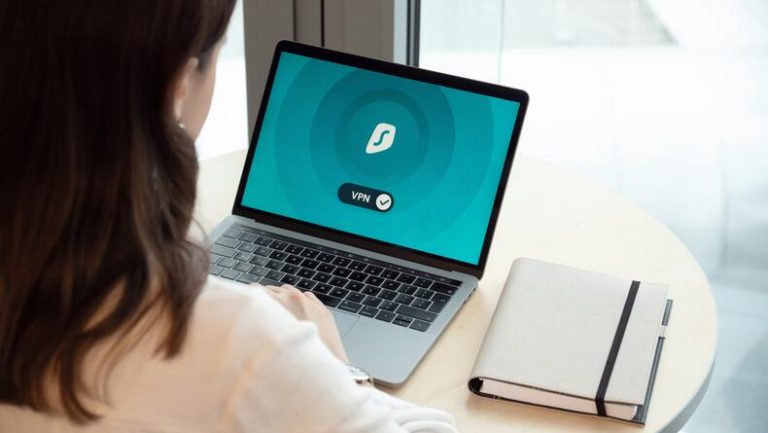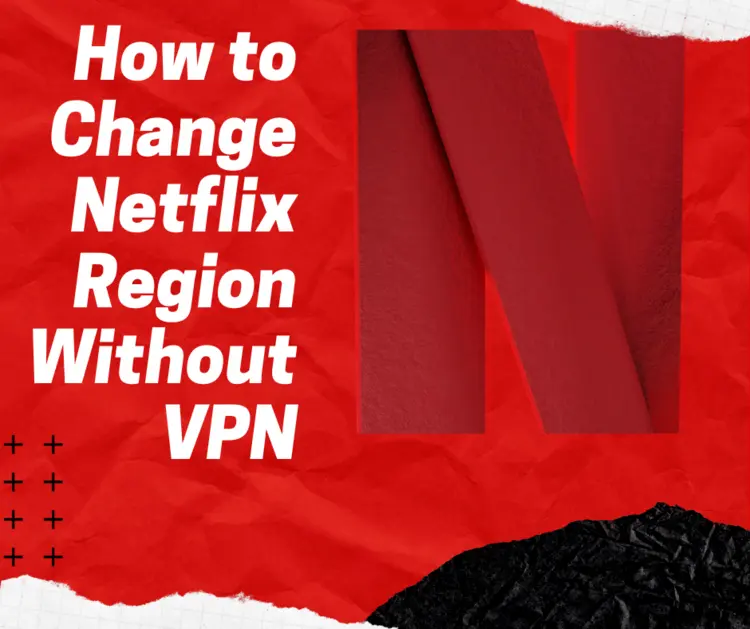How to access blocked websites without VPN? Most Easy Ways
Have you ever been at work or school, itching to check your social media or watch a YouTube video for research, only to find the website is blocked? Before you turn to a proxy or VPN, which can sometimes be blocked or require extra effort, Here’s how you can access these sites without the need for proxies or VPNs.
How to access blocked websites without VPN?
Consider these alternative methods to access restricted sites and bypass Wi-Fi firewalls:
Using Alternative DNS Servers

DNS servers convert domain names into IP addresses. By default, your network might be using a DNS server that blocks certain sites. Changing to a different DNS, like Google DNS or OpenDNS, can often bypass these restrictions.
Modifying Hosts Files
Hosts files on your computer can override DNS and directly map domain names to IP addresses. By editing this file, you can bypass certain kinds of site blocks, but be careful — incorrect changes can affect your ability to access the internet.
Utilizing Portable Browsers
Some network restrictions are limited to specific browsers. Using a portable browser, which you can run from a USB stick, might circumvent these restrictions since they often have different settings and extensions.
Leveraging Browser Extensions
Certain browser extensions can help bypass website restrictions. For example, extensions that change your browser’s user agent can trick websites into thinking you’re accessing them from a different device or location.
Employing HTTPS Instead of HTTP
Using HTTPS in your URL instead of HTTP can bypass restrictions, as some filters only block the HTTP version of a site.
How to Access Banned Websites Using Short Links Without a Proxy
Short links can be surprisingly effective in bypassing website blocks. Here’s why:
The Magic of Shortened URLs
Services like Bitly or TinyURL shorten long URLs, which can help avoid blocks. Paste the blocked website’s URL into a shortening service, and use the shortened link to attempt access.

Why It Sometimes Works
Network filters might not recognize the shortened URL as a blocked site, allowing access. However, it’s not a foolproof method, as some advanced filters might still catch on.
Access Restricted Sites Using an IP Address
Accessing a site directly through its IP address is another method to try:

Finding the IP Address
Use the Command Prompt (on Windows) to find a website’s IP address. Type “tracert [website domain]” and press Enter. The resulting IP address can then be entered into your browser.
Overcoming HTTPS Warnings
Most modern browsers default to secure HTTPS connections, so using an IP address might trigger a security warning. If you’re confident about the website’s safety, you can proceed despite these warnings.
How to Use Translation Services to Access Blocked Sites
Translation services like Google Translate can serve as a proxy:
The Translation Proxy Method
Enter the blocked website’s URL into a translation service. Even if you don’t need a translation, the service will display the website within its translation window, often bypassing blocks.
Limitations and Considerations
This method might struggle with videos, adverts, and responsive design elements. It’s more suitable for reading articles or accessing text-based information.
Convert Pages to PDF to Access Blocked Websites
Some online services can convert web pages into PDFs, allowing you to bypass blocks:

How It Works
Use a service like Five Filters’ PDF Newspaper, PDFMyURL, or ToPDF.org to convert a blocked webpage into a PDF. You might need to know the exact URL of the content you want to access.
Practical Applications
This method is great for reading content but not suitable for interactive elements like videos or social media feeds.
Tether to Your Phone to Unblock Restricted Sites
Tethering your smartphone to access the internet can bypass network restrictions:
The Tethering Approach
Use your smartphone’s data connection to access the internet on your computer. This bypasses the network’s Wi-Fi restrictions.
Considerations
Be mindful of data usage and potential charges. This method should be a last resort, primarily for urgent needs.
Bottom Line
Bypassing website blocks without a VPN or proxy can be a game of hit-and-miss. These methods offer alternative ways to access restricted content, but they come with their limitations and risks. Always ensure you’re not violating any policies or laws in your attempts.
FAQs About How to access blocked websites without VPN?
Are these methods legal?
Yes, but always respect your organization’s policies and local laws.
Can I use these methods on any device?
Most methods are applicable across devices, but some require specific settings or software.
Is accessing websites using these methods secure?
While generally safe, some methods might expose you to security risks. Proceed with caution.
Will these methods work for all blocked websites?
Not necessarily. Some sites might still be inaccessible due to advanced blocking techniques
Can my organization detect these methods?
It’s possible, especially if they monitor network traffic closely.
Is changing DNS settings complicated?
It’s relatively straightforward, but follow guides carefully to avoid misconfiguration.
Do I need technical skills for these methods?
Basic technical skills are helpful, especially for methods like modifying host files.
Can these methods slow down my internet?
Some might, especially if they route traffic through different servers or processes.
Are there risks in using portable browsers?
As long as you download them from reputable sources, they’re generally safe.
Is it better to use a VPN?
VPNs are often a more reliable and secure method, but these alternatives are useful when VPNs are not an option.







